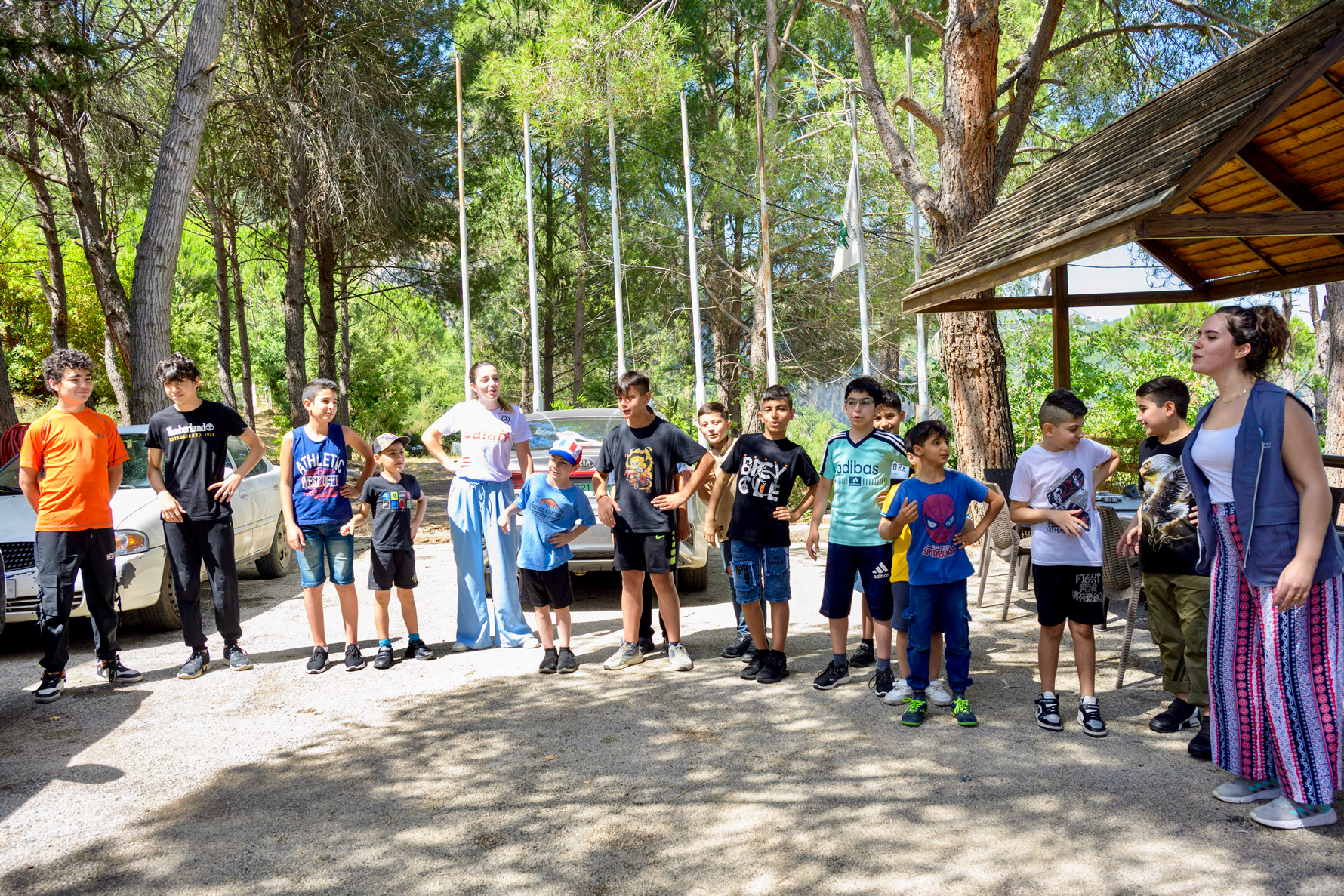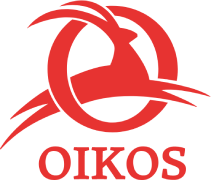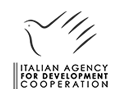BRIDGE
Basic health services, vocational training, socio-economic inclusion and interreligious dialogue for the integration of Syriac and Chaldean minorities

Country
Partner
For a peaceful and inclusive society
Since 2019, Lebanon has been facing an unprecedented crisis. Over 80% of the population lives below the poverty line: the economy is in decline, public services like education and healthcare are at risk, and access to food is a daily challenge. The most marginalized communities, such as refugees and religious minorities, as well as vulnerable groups like women, children, and people with disabilities, are paying the highest price.
Lebanon has the highest number of refugees per capita in the world, and during severe crises, competition with Lebanese citizens for access to essential goods and services becomes one of the immediate consequences.
We aim to address the needs of two refugee minorities in Lebanon, the Syriac and Chaldean Christians, by promoting integration with the host community and fostering reconciliation through interreligious dialogue. We achieve this through educational campaigns, access to social and healthcare services, and vocational training.
Nature as a common ground
To build a bridge of peace between Beirut’s Christian minorities and the hosting community, it is essential to focus on what unites us. We engage 750 students from 15 schools in activities that promote peaceful coexistence and environmental protection as a meeting point for diversity: caring for the environment is a mission that concerns us all, regardless of religious belief or ethnic background.
Students are encouraged to create works of art from recycled materials, conveying messages of peace and environmental sustainability. Alongside teachers, they also participate in creating an interactive digital map that highlights Lebanon’s cultural and religious diversity as a strength.
Cultural exchange events and summer camps for 300 children from different religious communities aim to foster friendships among students of various backgrounds, while also raising environmental awareness.
Access to Social and Healthcare Services: A Priority
Following an update of existing databases to identify the most vulnerable families, we commit to providing basic and specialized healthcare services: general medicine, health screenings for children, and psychological support at a multifunctional center in Karantina, particularly for people with disabilities, single mothers, and the elderly. Community medical centres will be equipped with photovoltaic systems to reduce costs and environmental impact.
Vocational training
In the context of severe economic and social crisis, job opportunities are nearly nonexistent. We offer unemployed youth and women professional courses in agriculture and crafts—such as soap making, tailoring, and food preservation. We also assist participants in accessing both physical and online markets, enabling them to start informal businesses to sell their products.
To combat the food and healthcare emergency, we distribute food packages to 250 vulnerable families, along with hygiene kits that ensure basic health needs are met.
Il progetto in numeri
180k
potabile in Tanzania
22k+
raccolti a Ibo, Mozambico
52k+
in Mozambico e Myanmar
11k+
di educazione nel mondo
200
di attività economiche
in Tz e Myanmar
1700
in Italia
1700
in Italia
52k+
in Mozambico e Myanmar
1700
in Italia

